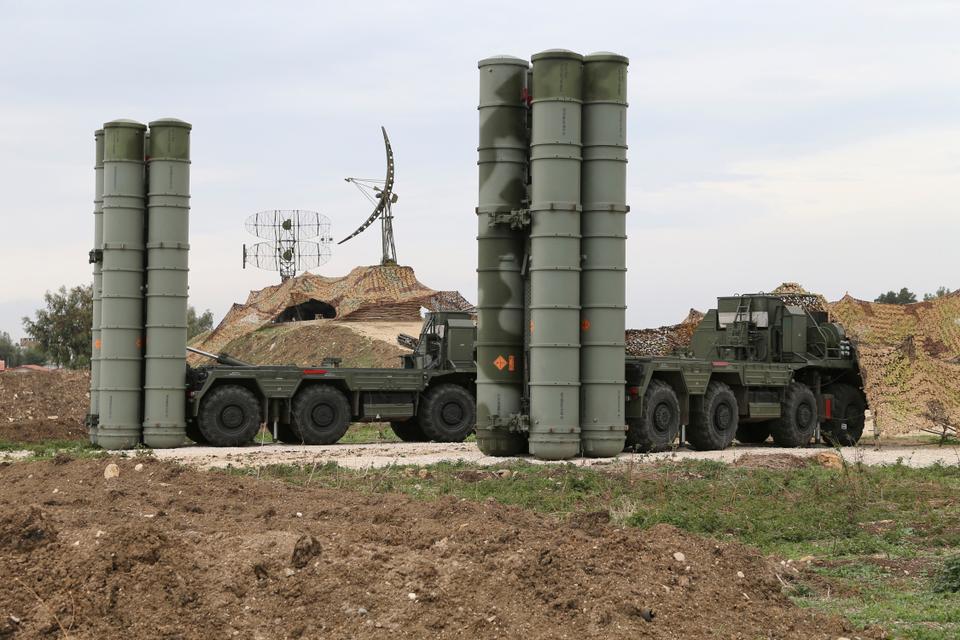By Ahval
Turkey must decide by early June to either cancel its acquisition of Russia’s S-400 missile system and buy U.S.-made Patriots or risk expulsion from an advanced U.S. fighter jet program, U.S. sanctions and possible blowback from NATO, U.S. news outlet CNBC reported on Tuesday.
Multiple sources, including a U.S. State Dept. official, said this deadline, at the end of the first week of June, was final, CNBC said, citing multiple sources.
In December 2017, Ankara signed a $2.5 billion contract with Moscow for the S-400 missile defence system despite objections from its NATO allies, who are concerned that the system could collect data on NATO military operations and undermine their defences.
As the expected July delivery of the S-400 has neared, Washington has increased pressure on Ankara to cancel or postpone the deal, including putting Turkey’s F-35 operations on hold and warning of Ankara’s expulsion from F-35 production and a halt to the delivery of F-35 aircraft to Turkey.
“Turkey will face very real and negative consequences if it completes its S-400 delivery,” the State Dept official told CNBC.
CNBC said that Lockheed Martin and Raytheon had been preparing to make massive adjustments in supply chains and production schedules amid a contentious negotiation with Turkey, which produces 6-7 percent of the parts of the fighter jets.
If Turkey cancels the S-400 deal, Raytheon said it would reorganise the Patriot missile defence system production schedule to ensure faster delivery of the system to Turkey. Washington had previously set Feb. 15 as an informal deadline for the Turkish government to respond to a U.S. offer regarding a $3.5-billion sale of Patriot air defence batteries.
Turkish officials and President Recep Tayyip Erdoğan over the last months have repeatedly said that Ankara would not renege on plans to buy S-400 systems.
“There is absolutely no question of taking a step back from the S-400s purchase. That is a done deal,” Erdoğan said on Saturday, before suggesting further cooperation with Moscow. “There will be a joint production of the S-500 as well as the S-400.”









